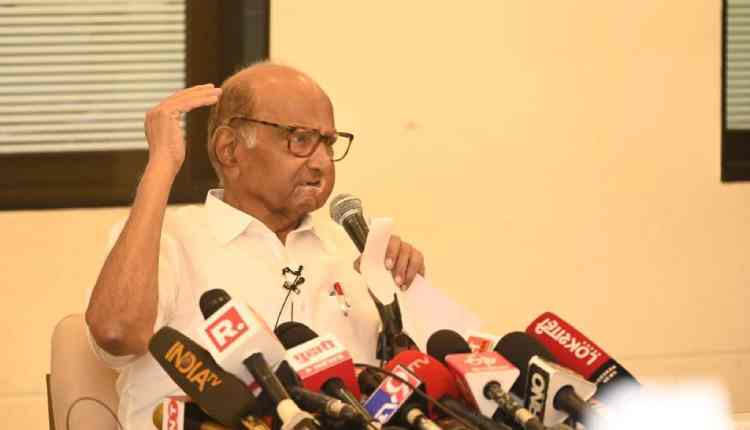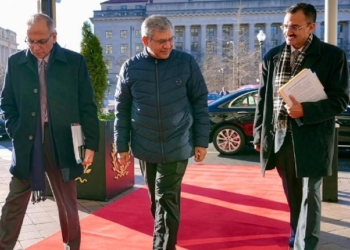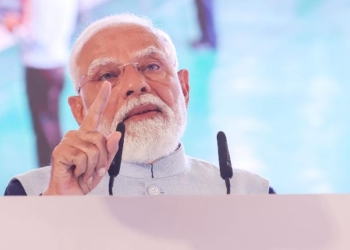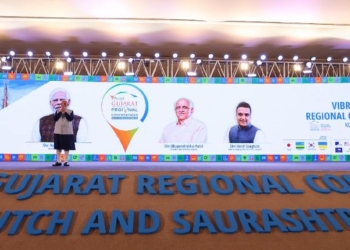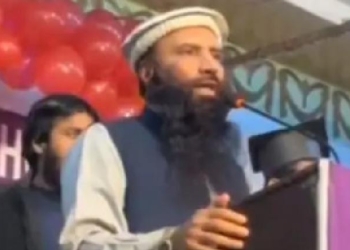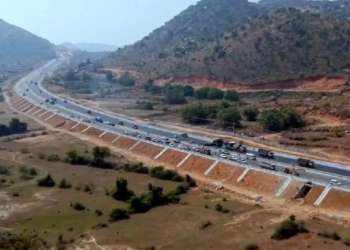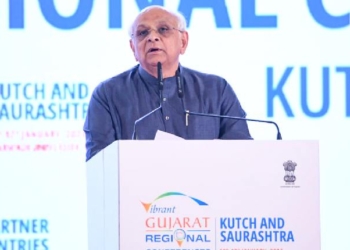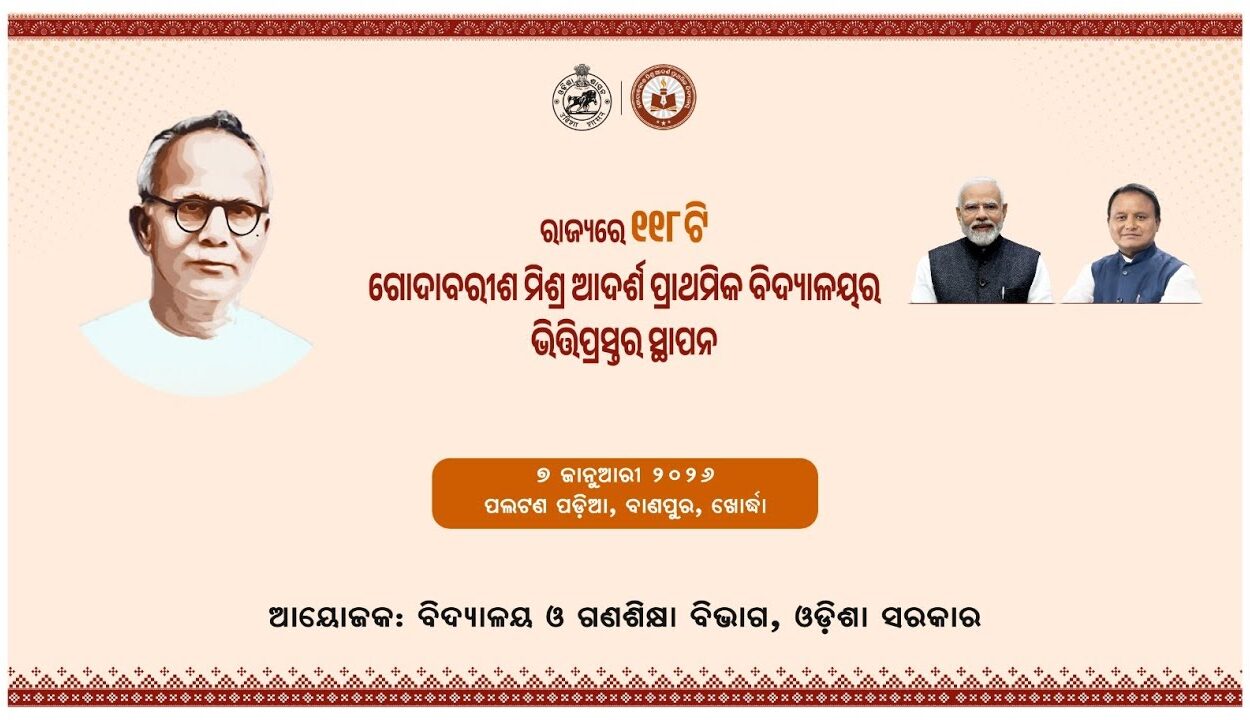Mumbai: Two days after Prime Minister Narendra Modi asked without naming him “what did he do for farmers”, Nationalist Congress Party President hit back on Saturday saying, “I changed the face of Indian agriculture.”
Flanked by party leaders Hemant Takale and Vidya Chavan, Pawar (82) said that when he took over as Union Agriculture Minister in 2004, there was a shortage of foodgrains in the country.
“India had to import wheat from the USA and this was unsettling… I did not sign that wheat import file for two days,” Pawar said.
With his efforts over the next 10 years, India not only became self-sufficient in foodgrains, but changed from being an ‘import-dependent nation’ to becoming an ‘exporter’ to the world, he said.
The World Food Organisation (WFO) also took note of the country’s achievements in the agriculture sector and wrote a letter on November 2, 2012, congratulating India for its record rice and foodgrain yield, Pawar said.
Replying to Modi’s attack against him in Shirdi on Thursday, Pawar shrugged dismissively to observe that “the PM’s statements were far away from the ground realities and he may not have been briefed properly” on the issue.
Recalling the strategies, he said that the immediate priority was to encourage farmers to boost their crops output and in order to achieve this, under the leadership of then UPA Prime Minister Manmohan Singh, the government decided to substantially increase the ‘guaranteed price’ of foodgrains and pulses.
Later, Singh said that if that decision (to hike the ‘guaranteed price’) had not been taken, the “situation could have worsened”.
Accordingly, the guaranteed prices of wheat, rice, cotton, soybeans and other crops were more than doubled in nearly a decade during Pawar’s 10-year long tenure.
Many ambitious, broad, and far-reaching schemes were launched to bring about revolutionary changes in agriculture and allied sectors, of which the Rashtriya Krishi Vikas Yojana (2007), and the National Horticulture Mission (2005) stood out, Pawar said.
“If we review the success of the RKVY and NHM schemes, it will be noticed that they changed the face of the agricultural sector of the country,” he said.
Under this, the farmers were motivated by the hikes in the guaranteed prices of their produce, as the country became self-sufficient in foodgrain and “India became the first country in rice output and second in the world in wheat production”.
The country also led in the first or second position in sugarcane, cotton, jute, milk, fruits, vegetables and fish, he said.
Citing figures, Pawar said fruit production doubled from 45.2 million tonnes to 89 million tonnes, while leafy vegetables output also nearly doubled from 88.3 million tonnes to 162.9 million tonnes.
“During the 10 years (2004-2014), the export of agricultural and related products grew phenomenally by nearly six times – from $7.50 billion to $42.84 billion,” Pawar said.
On the other hand, the farmers were getting nearly Rs 3 lakh crore from the sale of their agriculture produce, though the main reasons for farmland suicides was indebtedness through the private money-lenders, he said.
In order to overcome this, Pawar said he announced the biggest loan waiver of Rs 62,000 crore at the time.
Initially, the interest rate on loans was 11 per cent which was slashed 4 per cent, and for those farmers repaying on time, the interest rate on loans was made zero (per cent), the NCP chief said.
“The government followed it up with Central teams dispatched to help Maharashtra and other states to the tune of crores of rupees for drought relief in 2012-2013. Animal shelter camps were set up and food and fodder were provided,” said Pawar.
In the drought-hit and drought-prone regions, a scheme was launched through the NHM under which farmers were given grants of Rs 15 lakh over a two-year period which helped establish lakhs of farms all over India, besides a bold move to give Rs 35,000/acre for reconstruction of burnt fruit orchards, Pawar revealed.
“At the time I left office (2014), India had produced a record 263 million tonnes of foodgrain… Due to such far-reaching decisions, the farmers were a happy lot at that time,” Pawar claimed.
He also slammed the Modi government’s decisions banning the export of sugar, which is directly affecting sugarcane prices given to the farmers, or the export duty of 40 per cent on onions which has created havoc for the onion-growers.
Other top political leaders from the state have also defended Pawar after the PM’s comments that were made in front of breakaway NCP (AP) leader and Deputy CM Ajit Pawar at a farmers’ event in Shirdi, Ahmednagar.
(IANS)




